Diwali: All you need to know about Festival of Lights
Deserves its place as one of the most awaited festivals in India, Diwali turns the entire country into a festive spirit with religious rituals, savoury sweets, vivid fireworks and stunning celebrations that cannot be found anywhere else.
What is Diwali?
Diwali or Festival of Lights is India’s biggest and most important holiday of the year. The festival gets its name from the row (avali) of clay lamps (deepa) that Indians light outside their homes to honour the victory of inner light over the darkness and knowledge over ignorance. It celebrates the end of the harvest season and marks the beginning of the new year. This festival is as important to Hindus as the Christmas holiday is to Christians.

Over the centuries, Diwali has become a national festival that’s enjoyed by both Hindu and non-Hindu communities. For foreign travellers, experiencing the Festival of Lights in its homeland of India is an unmissable experience.
When is Diwali?
Diwali is annually celebrated from the 13th day of the dark half of the lunar month Ashvina to the second day of the light half of the lunar month Karttika in the Hindu lunar calendar (usually falling between mid-October and mid-November). The festival lasts five days, with the main celebration occurring on the third day. This year, Diwali will be observed on November 1.

What happens during Diwali
There are the five days with different sets of customs implemented during Diwali:
- Dhanteras: Indian people usually mark the first day of Diwali with a tradition of purchasing gold and silver jewellery, utensils or other new household items for good fortune. Families clean their homes to invite the blessings of Lakshmi, the goddess of wealth and prosperity. It’s also the day to honour Dhanvantari, the god of Ayurveda, and Yamaraj, the god of death
- Choti Diwali, or Naraka Chaturdashi: The second day of Diwali signals Lord Krishna’s defeat of the demon king Narakasura. People wake up early to bathe and wash their hair. They also clean their homes, decorate them with rangolis and diyas as well as prepare sweets.
- Diwali, or Lakshmi Puja: The third day of the festival is what people usually think of as Diwali. This is a special occasion for families to gather, exchange gifts, feast on scrumptious meals and savour sweets. It’s also time to join the street parties with fireworks and various festivities. Many Hindus also worship the goddess Lakshmi on this day.
- Padwa, or Govardhan Puja: The fourth day of Diwali celebrates the romantic relationship between husband and wife, and husbands will typically buy a gift for their spouses. In some traditions, it commemorates the day Lord Krishna lifted Govardhan Hill to protect the villagers of Vrindavan from the rains brought on by Lord Indra’s anger. Some devotees offer a mountain of food to Krishna in remembrance, while others make clay and cow dung figures recreating the event.
- Bhai Dooj: The final day of Diwali honours the love between siblings, in honour of the bond between Lord Yama and his sister Yami (or Yamuna). Sisters will sometimes place a tilak, or red mark, on their brothers’ foreheads, while brothers will give gifts to their sisters.

What to expect during Diwali
During Diwali, you can expect a vibrant and joyous array of activities that reflect the cultural and religious significance of the festival.
True to its name as the festival of lights, Diwali marks the time when families across the country decorate their homes with lit diyas (little clay lamps), and other festive lights. From fireworks to fairgrounds and city-wide illuminations—Diwali certainly puts the whole India on a vivid show.

Buildings and streets are also illuminated with colourful lighting and decoration. Temples and public institutions, as well as individual households, also celebrated by hosting spectacular fireworks displays. Downtown markets and historic buildings are given a new lease with elaborate decorations that light up the night sky, many as part of local competitions. Fireworks signal the start of the Diwali.
Families, friends and neighbours will all gather to exchange gifts and light up diya oil lamps, before involving the larger celebrations such as fireworks, street parties, music and dance shows. Local fairs and markets (melas) offer a variety of goods from handicrafts to festive foods on sale. Acts of charity are encouraged, with many people donating to those in need, reinforcing the spirit of sharing and compassion.

The largest celebrations occur on the third day of Diwali and also the ideal time for visitors to experience this festival to the fullest. Two following days are dedicated to feasting and spending time with family. Visitors will find themselves in good company when go out and join diverse festivities on the streets, which is true to the communal spirit of Diwali which means people come together in public to worship and socialize.
The festive food and drink
Another highlight of Diwali is the delicious food. During the biggest festival of the year, huge feasts and traditional Indian dishes are prepared and consumed massively including Samosas, Aloo Bonda, Murukku Gulab Jamun, Sooji Halwa, Paneer Tikka and especially Mithai – the name given to Indian sweets and desserts.

These sweet treats are a key part of Diwali. During the festival, friends, family, neighbours and acquaintances gift boxes of colourful delicacies as a cherished tradition. These boxes typically contain traditional Indian sweets like Ladoos, Barfis, Pedas, and Jalebis, alongside dried fruits, chocolates, and options suitable for gluten-free and vegan diets.

Best places to experience Diwali in India
Diwali originated in northern India, where the largest celebrations highlight the festival’s grandeur and cultural richness. In the south, Diwali typically takes place over just one day. Therefore, many visitors choose to go beyond the north to experience the full splendor of the festival.
Jaipur, known as the Pink City, dazzles with its illuminated palaces and vibrant markets. In Varanasi, the banks of the Ganges are adorned with thousands of diyas, creating a mesmerizing reflection on the river. Amritsar’s Golden Temple sparkles with lights and fireworks, offering a truly spiritual experience. Delhi, with its extensive celebrations and cultural events, and Ayodhya, believed to be the birthplace of Lord Rama, where the festival is marked by lighting a record number of oil lamps, are also prime destinations. Each of these cities provides a unique and unforgettable Diwali experience for visitors to enjoy.

Notes for first-time participants
For first-time participants in Diwali, it’s important to note that transportation tends to fill up quickly, and attractions can become significantly more crowded than usual. To ensure you get to enjoy specific experiences during the festival, it’s essential to plan ahead. One highly recommended activity is watching the fireworks from a boat off the Ghats in Varanasi. This is a popular choice and should be booked well in advance to secure your spots.

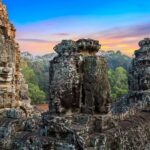
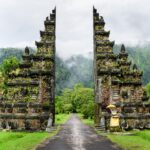
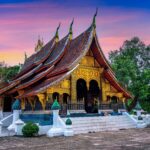
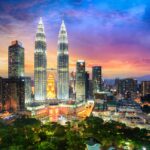
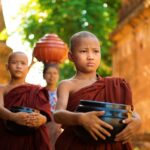
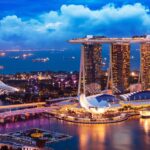


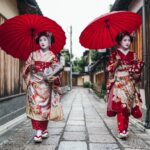
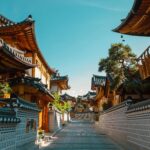
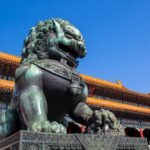
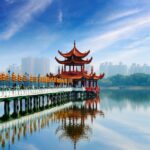
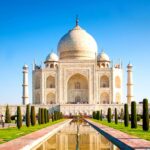



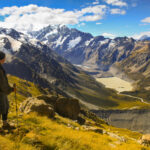
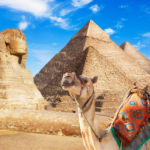
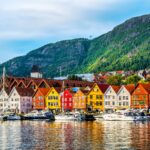
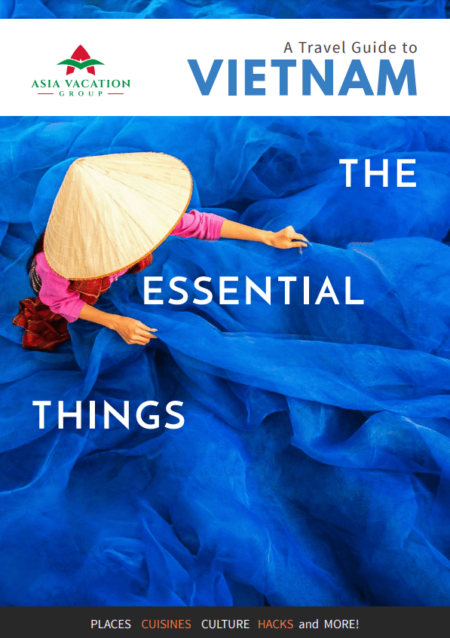

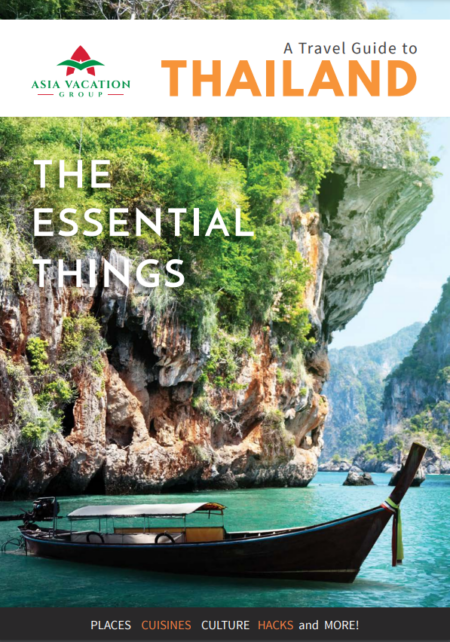




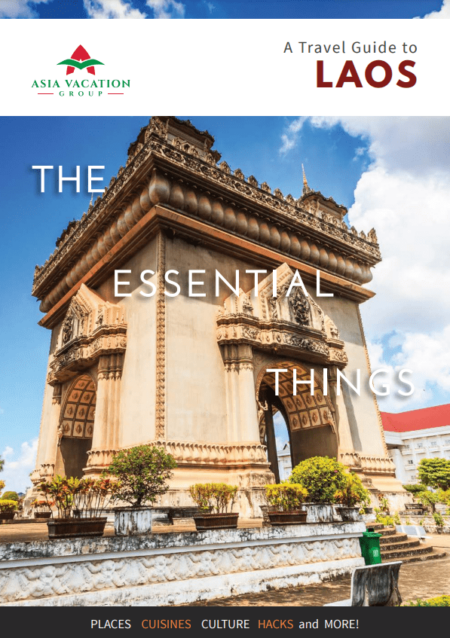

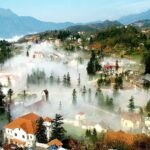




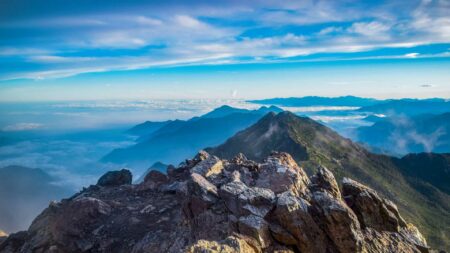
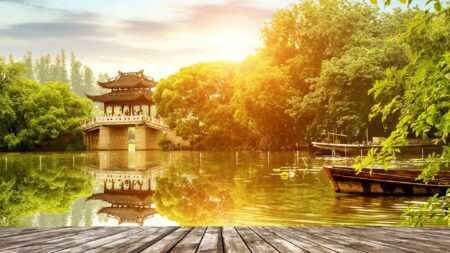



 planning
planning